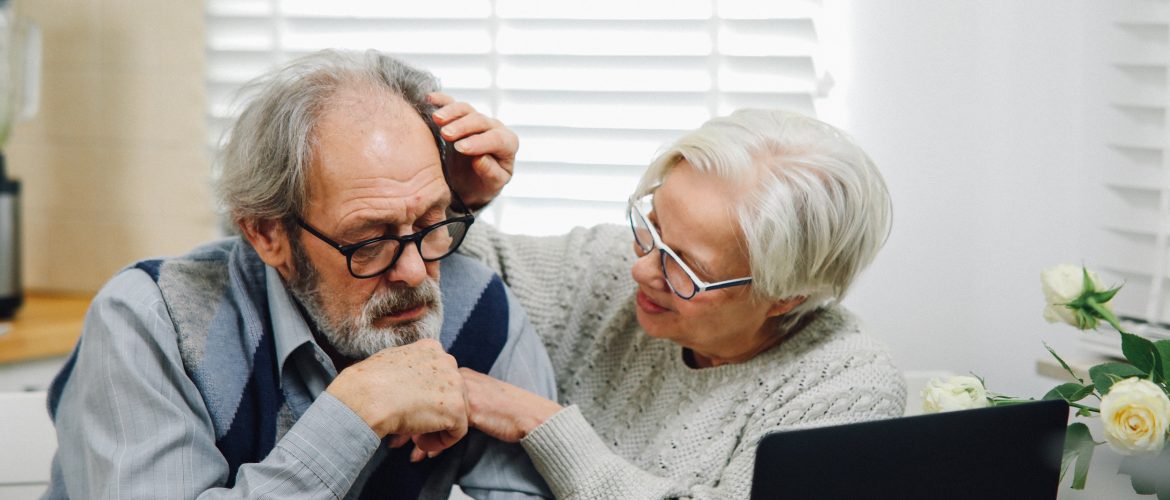This story also appears in our 2020-2021 Annual Report.
The growing number of older adults in Canada means more people are living longer with chronic conditions that can reduce their quality of life as they enter the palliative stages of care. To get the care they require, many palliative patients are forced to wait four to six weeks for a physician assessment.
The demands on our healthcare system have more than doubled since the start of the pandemic, undoubtedly making these wait times even longer. Palliative patients with unbearable symptoms often turn to emergency rooms for help. However, this means they are often forced to endure crowded wait rooms and unnecessary diagnostic testing.
“Not only did CABHI provide the initial Spark grant, but they came through with a second grant to support an extension of the pilot study.”
Researchers from Humber River Hospital, William Osler Health System, and the Bruyere Research Institute have created a solution to address the growing demand for palliative care, called the Remote Self-monitoring of Symptoms by Palliative Patients (RELIEF) app. The app can be accessed online or on any mobile device so that patients can self-report their symptoms on a regular basis (daily, every other day, or weekly) from their homes.
Care teams monitoring the app can provide immediate virtual or in-person support as needed.
The research team, led by palliative care physician Dr. Martin Chasen, developed the app alongside digital healthtech company uCarenet Technologies, with support from CABHI’s Spark program. The Spark program provides support to point-of-care staff to test and validate their early-stage aging and brain health solutions.
Initial results from the pilot study showed that the app has significant potential to reduce the wait-time for physician assessments and the need for emergency room visits. Out of the 60 study participants who required support, five were referred to a palliative clinic for urgent care and one received urgent care in their home. The app also saved the healthcare system an estimated $62,000 during the two-month study period.
“Not only did CABHI provide the initial Spark grant, but they came through with a second grant to support an extension of the pilot study,” says Dr. Chasen.

In addition to CABHI’s support, the research team has been awarded $1.4M CAD in funding from Health Canada to expand the system to healthcare settings across Canada, with a focus on serving diverse populations, including rural, Indigenous, and remote communities.
“The goal is to obtain additional data to help validate the pilot study conclusions and the financial projections, and to confirm the patient satisfaction levels through interviews,” explains Dr. Chasen. “The larger study also provides an opportunity to reach other patient populations that might benefit from the RELIEF app.”
With the RELIEF app, patients are given the peace of mind of knowing they are constantly being monitored for worsening symptoms, which may make them less inclined to go to the emergency room for care. Health teams monitoring the app are better equipped to give appropriate care to their most critical patients. With CABHI’s contributions, and with funding from Health Canada, the RELIEF app is poised to provide palliative care patients and their families with comfort and support when they need it the most.


